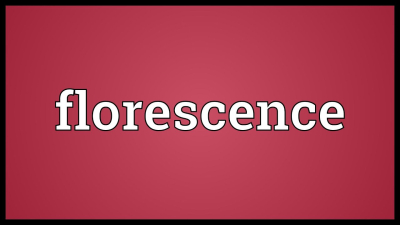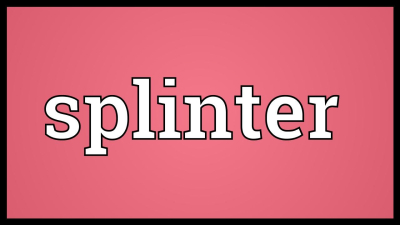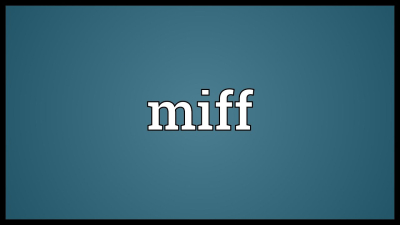
It’s time to spruce up your language skills. Let’s learn a few idioms that are based on weather.
EVERY CLOUD HAS A SILVER LINING
The idiom “every cloud has a silver lining” means that every sad or bad situation has a positive side to it. It means to be optimistic and hopeful that good can come out of a bad situation. Perhaps it originated from the fact that when clouds float in front of the sun, they will sometimes have a “silver lining” around their edges. The earliest record of the usage of a shorter version of the idiom, silver lining, was in a book titled Comus: A Mask Presented at Ludlow Castle by John Milton in 1634.
LIGHTNING NEVER STRIKES THE SAME PLACE TWICE
“Lightning never strikes the same place twice” means that if a bad thing has happened, it will not happen again. It is mostly used to comfort a person, saying that if someone has gone through an unfortunate circumstance, such a misfortune is not likely to happen again.
CALM BEFORE THE STORM
Ever noticed that there is one surreal moment, where everything goes quiet before a storm? This is exactly what is meant by the idiom calm before the storm. It is a short period of quiet before the start of a difficult period. The saying was popular among ancient sailors whenever they observed that the weather was unnervingly calm before a storm. The phrase has been in use since the 1700s.
UNDER THE WEATHER
If you say that you are “under the weather, it means you aren’t feeling well or have some illness. It is also used when one has to convey that the person is overly exhausted. It has its roots in the nautical terminology. Back when a sailor fell ill or seasick, he would be sent below the decks under the weather rail. The phrase “under the weather rail” got shortened over time and turned to just “under the weather. The phrase began to be used in the mid-1800s.
CHASE RAINBOWS
Can you chase a rainbow? A rainbow is an optical phenomenon and is not a tangible thing. So you cannot chase a rainbow because it doesn’t exist in a specific spot in the sky. So if one is referred to as chasing a rainbow, it means that the person is trying to achieve the impossible or pursuing unrealistic goals. The term perhaps evolved from the story of getting a pot of gold if one were to dig at the end of the rainbow. But such a thing never exists and so the term started to be used on people with unrealistic dreams and were called “rainbow chasers”.
RAINING CATS AND DOGS
When you say that “it’s raining cats and dogs”, it means it is raining heavily outside. The expression is from the 17th Century but its origin is still uncertain. The reference perhaps comes from Norse mythology where cats were thought to have influence over storms. The modern version of “raining cats and dogs” is believed to be first recorded in Jonathan Swift’s “A Complete Collection of Polite and Ingenious Conversation.”
COME RAIN OR SHINE
When you use the idiom “come rain or shine,” you mean to say that something will be done regardless of whatever happens.
It is used to express certainty that an activity will happen irrespective of the weather or circumstance. According to sources, the earliest printed record dates back to 1699 by John Goad.
Picture Credit : Google






